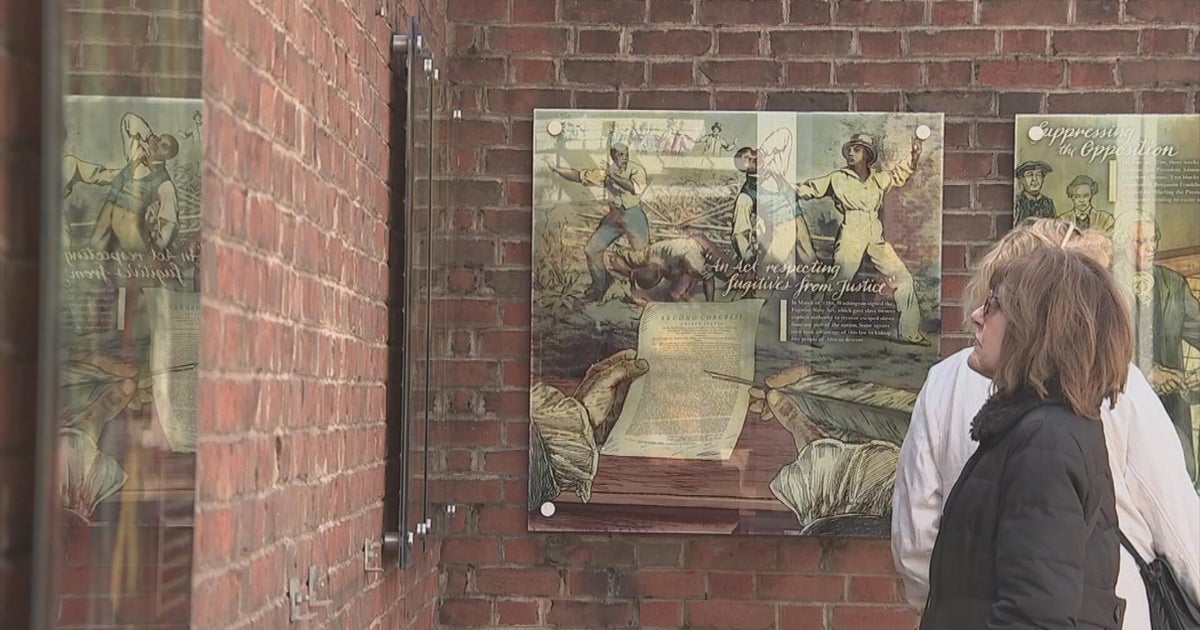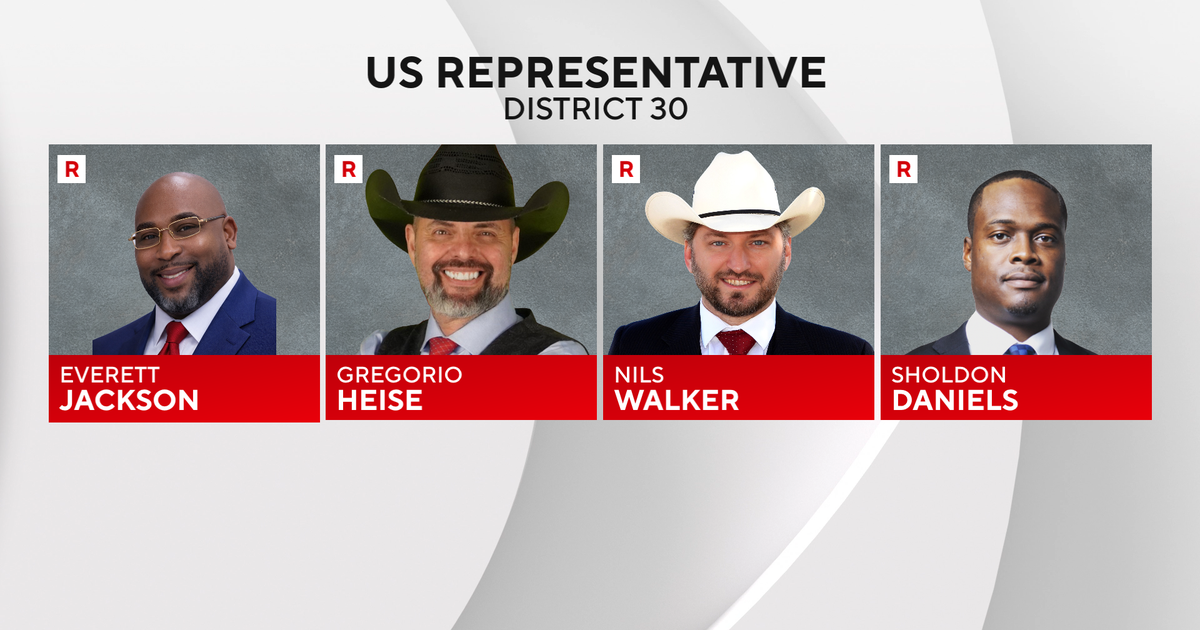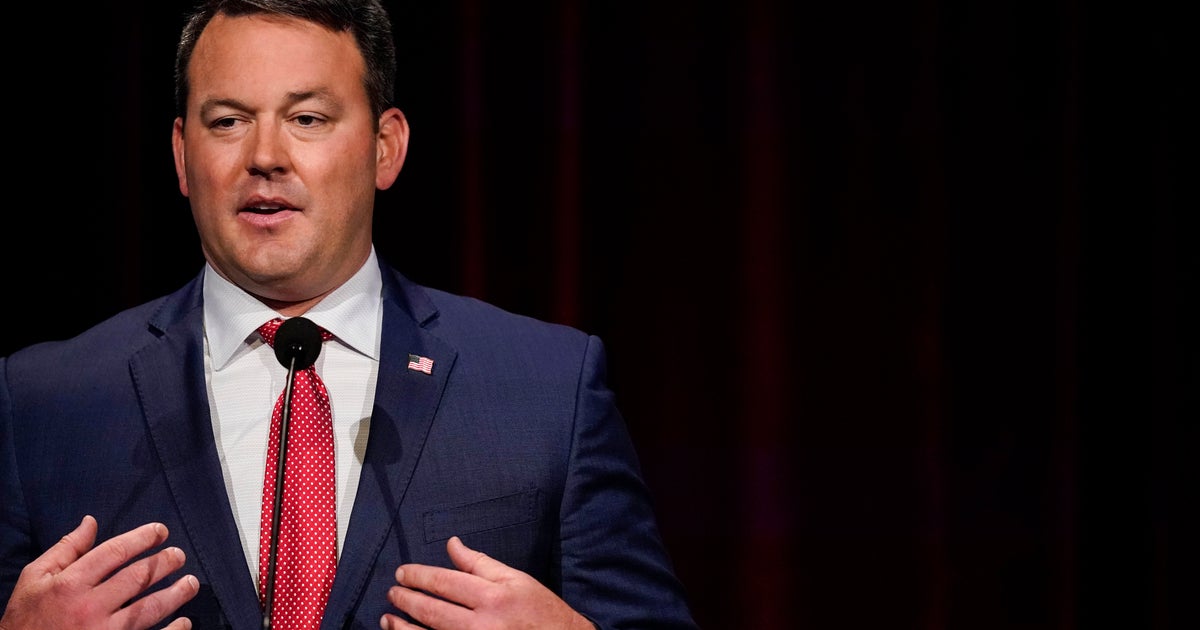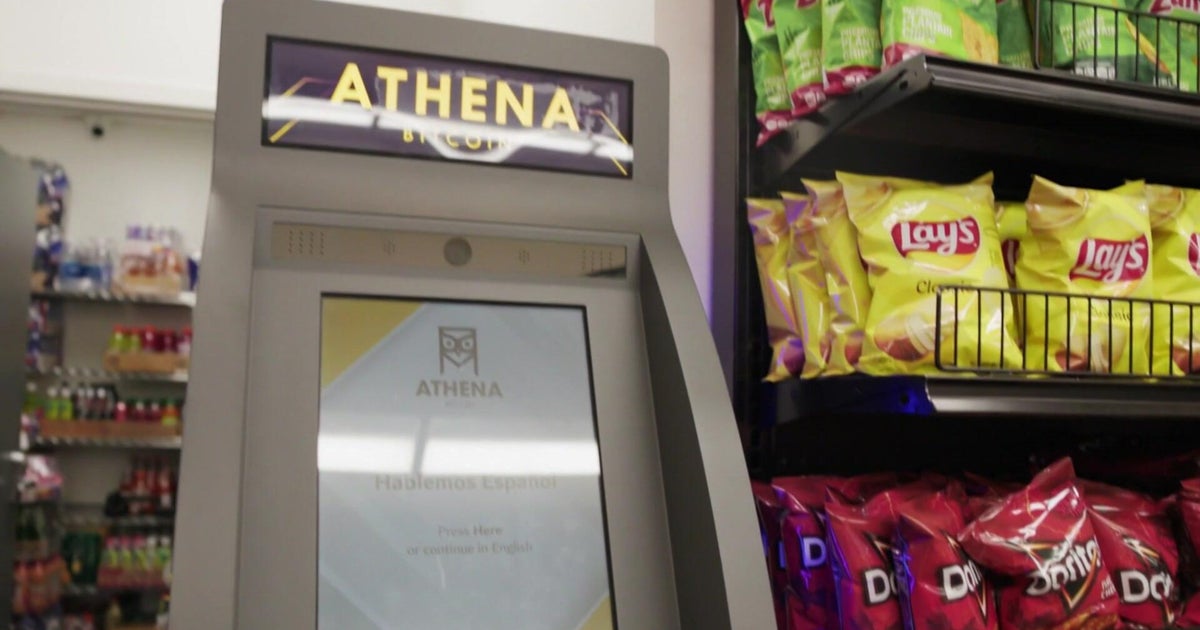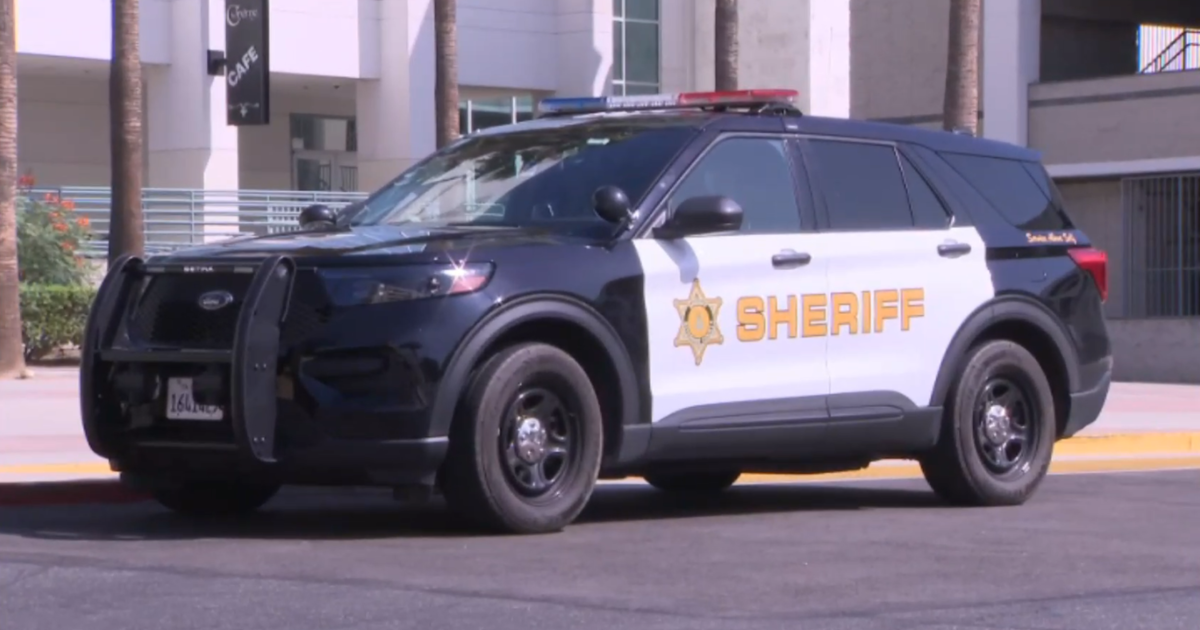Democrats attempt again to legalize marijuana in Delaware
DOVER, Del. (AP) -- Democratic lawmakers are trying once again to legalize marijuana in Delaware and create a state-licensed recreational industry.
Lawmakers introduced bills Friday to legalize possession of up to one ounce of marijuana by adults 21 years old or older and establish the industry in Delaware.
House lawmakers failed in June to override Democratic Gov. John Carney's veto of a legalization bill. Legalization is a prerequisite for establishing a state-licensed and regulated marijuana industry, a proposal that failed in the House twice last year.
Following the election in November of several new progressive Democrats, chief bill sponsor Rep. Ed Osienski expressed optimism on Friday that he now has enough votes to make recreational weed legal in Delaware.
"I feel very positive that we have more support this year to get this through," Osienski said. " ... We have some new members. We have some new energy."
Carney, however, has not expressed any change to his opposition to legalizing recreational marijuana use. House Speaker Pete Schwartzkopf, a Rehoboth Democrat, also remains opposed to legalization, but Osienski said Schwartzkopf has said he would vote for the industry bill if his fellow lawmakers approve the legalization bill.
Osienski said there are no substantial differences between the bills introduced Friday and the legislation that failed last year.
Osienski introduced separate legalization and industry bills last March after the House rejected broader legislation that did both. That cleared the way for passage of the legalization bill that Carney vetoed because it required only a simple majority. The industry bill requires a three-fifths supermajority because it creates a new tax, in the form of a 15% levy on retail sales.
The industry bill calls for state officials to issue up to 30 initial retail marijuana licenses, 30 manufacturing licenses, 60 cultivation licenses and five testing licenses. It includes special license pools for "social equity" and "microbusiness" applicants. Residents would be prohibited, however, from growing their own plants for personal consumption.
Osienski, a Newark Democrat, has argued that the industry bill would create good-paying jobs, generate tax revenue and reduce illegal sales.
Opponents have argued that legalization and creation of a state marijuana industry would lead to increased marijuana use among teens and young adults, expose business owners to liability and result in more traffic deaths and injuries. They also say it would do little to eliminate illegal sales.
Supporters say neither bill would change laws regarding driving under the influence and that public consumption of marijuana would be prohibited. They also say employers will be able to test workers for marijuana to ensure compliance with any zero-tolerance policies and discipline employees for being under the influence at work.
Committee hearings on the bills will be held next week.
